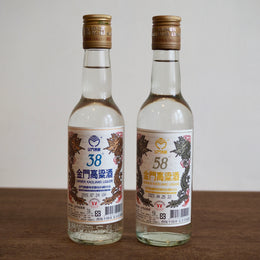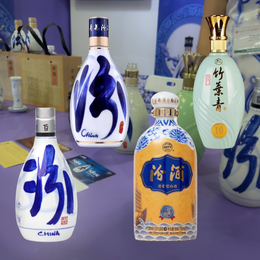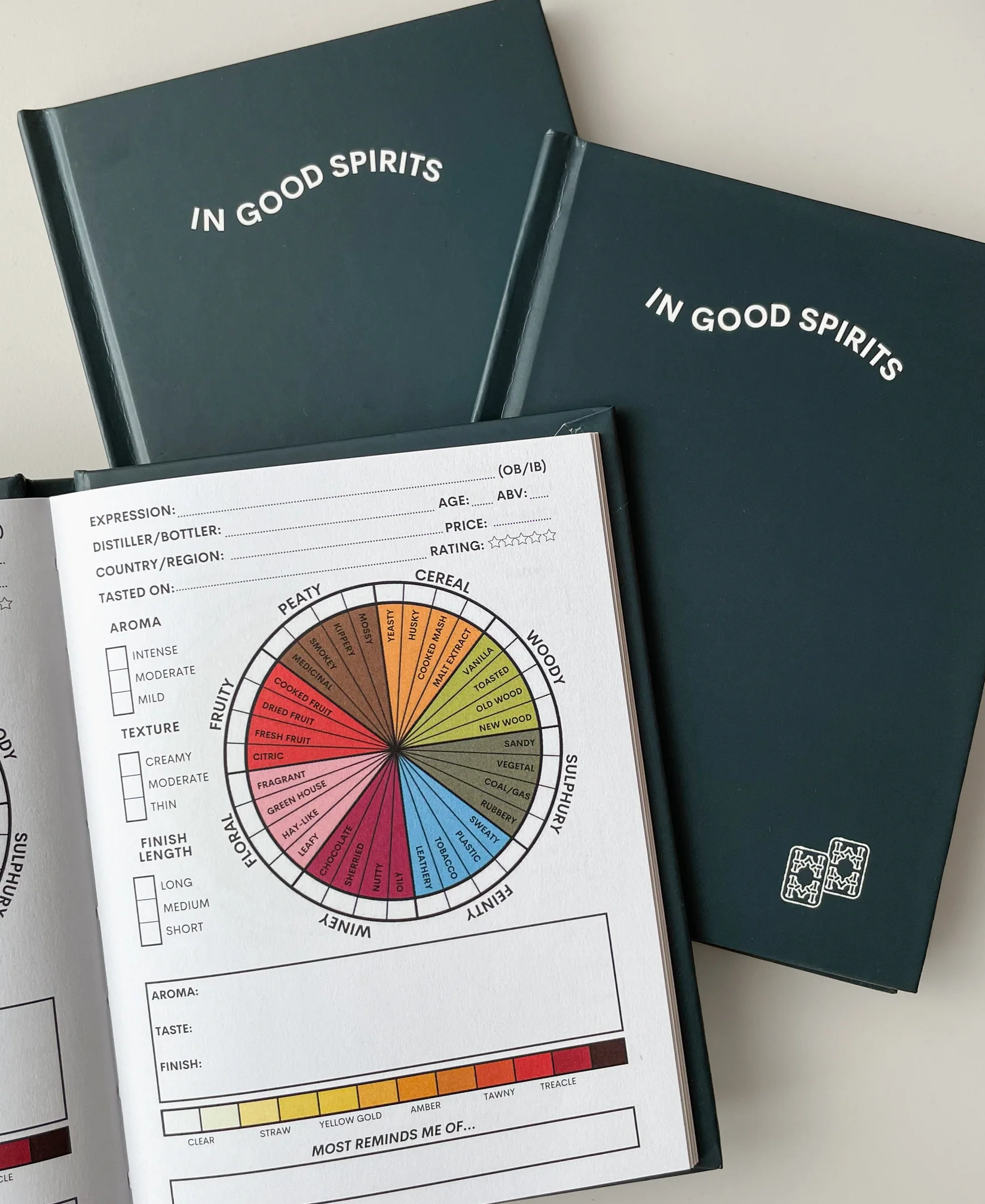
It all started in 2014, the first baijiu cocktail bar was opened in China – Capital Spirits. Back then, a baijiu cocktail bar was an avant garde idea. Although the spirit has already been widely consumed neat throughout China, from wedding banquets to business meetings, the realm of baijiu remained largely separated from the high-end cocktail bartending world. American Derek Sandhaus - one of the most well-known published baijiu writers outside of China, started Capital Spirits with four other friends passionate friends to help the worlds of baijiu meet the world of cocktails.

(Source: Alcademics)
On hindsight, there's no surprises that the first baijiu cocktail bar in China would have been a hit. The Beijing bar quickly became a runaway success, drawing in fashionable native Chinese drinkers as well as expats looking to experience a taste of the iconic Chinese spirit interpreted in a cocktail.
The global consumption of spirits has been gradually growing through the years, while discerning and adventurous drinkers began looking to explore high quality liquor from various cultures. Finding success with his baijiu bar, Derek saw through the Matrix and noticed something interesting.
Although major Chinese baijiu brands were being exported around the world, they were overwhelmingly only consumed by overseas Chinese communities. No existing baijiu brand spent any effort to market themselves to mainstream American, Canadian and European drinkers in the West. It wasn't so much that these baijiu brands weren't interested in expanding their consumer base - baijiu just suffered from a PR problem amongst Westerners. Many encounter some undeniably bad "convenience store" budget baijiu, and decided to write off the entire category as a pungent and undrinkable “firewater” - more like a moonshine than an elegant spirit.

Bill Isler, Derek Sandhaus and Matthias Heger, the founding team of Ming River photographed alongside vats of aging baijiu (Source: Ming River)
Already skilled in educating English-speaking audiences about baijiu, Derek was confident about his ability to market a high quality baijiu brand to a Western audience. And so in 2018 Derek and the partners of Capital Spirits decided to create a new baijiu brand in partnership with the heritage brand Luzhou Laojiao, China's oldest operational baijiu distillery that began back in the time of the Ming Dynasty in 1573.
Now, Luzhou Laojiao is already famous within China and around overseas Chinese communities as one of the best Strong Aroma baijiu brands. But let's be honest: the packaging looks quite tacky on the shelf beside a bottle of Yamazaki 12 or a Macallan.

Derek's team conceived of an entirely new brand name - Ming River - with a classy grey label and a weighty, crystal clear glass bottle. While most original expressions from Luzhou Laojiao come in at about 52% ABV, Ming River comes in at just 45% ABV, making for a lighter baijiu. Presumably, a lower ABV baijiu would be a little more palatable or more accessible to a Western audience. Let's give this a try!
Ming River Sichuan Baijiu (Luzhou Laojiao Distillery), 45% ABV – Review

Nose: Heady and complex. Starts off with a distinct note of sweet-tart lychees, followed closely by citrus. As it unfolds, there's a growing presence of mellow soy sauce and also an underlying earthiness that reminds you of fresh clay and soil, concluding with a clean, mineral touch.
Palate: Clean and sweet, with a delightful oily texture. It's dominated by the bright, fruity flavors of cream soda and lychee, even reminiscent of lychee cream cake. There's the typical dry sourness often associated with baijiu, it’s noticeably subdued in this variant, making this all the better for someone who finds most baijiu too pungent and esoteric at times.
Finish: The tail end gets even more interesting. Light industrial grease and the solventy note of a marker pen, these "industrial" notes are mostly are grounded by a pleasant sweetness and umami of soy sauce and bonito. Underpinning all of this is a faintly medicinal touch, almost akin to ginseng, giving it an earthy, rooty end.

My Thoughts:
👯♀️ A high quality people-pleaser of a baijiu!
Honestly, this feels so much lighter and cleaner than the usual Luzhou Laojiao baijiu.
It's refreshingly easy to drink with absolutely no unpleasant off-notes or burn, and yet also has a nice layered sweetness like a good baijiu. It's clear that this is a baijiu that's not just for the seasoned aficionados but also an excellent (and I have to say quite a high quality) starting point for those new to the world of baijiu.
It manages to be welcoming for new drinkers, yet it doesn’t compromise on the authentic traits of a genuine baijiu.

@CharsiuCharlie




